
Support EcoJustice Radio with a Tax-Deductible Donation
Subscribe to EcoJustice Radio: Apple Podcasts | SoundCloud | Google | Spotify | Stitcher | YouTube | Links
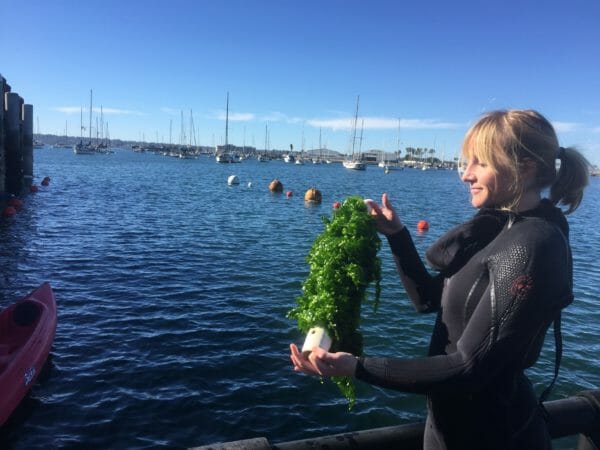

Kelp Forest Restoration and Stewardship-Driven Ocean Farming
The livelihoods and homelands of Indigenous and frontline communities’ dependent upon a thriving ocean are imminently threatened by climate insanity and ocean pollution. From the bleaching of coral reefs, to habitat loss, to coastal erosion, and extinction of marine species, we are witness to urgent signs that humanity must act on behalf of marine life.
Enter seaweed and the potential of stewardship-driven, regenerative ocean farming or ocean restoration through marine permaculture. In this episode, hear about the potential of seaweed to mitigate climate change, reconnect us as marine stewards and restore the health of our oceans from marine ecologist Leslie Booher, Co-Founder of Sunken Seaweed, California’s first regenerative ocean farm.
STORY: The Art & Science of Microbe Farming
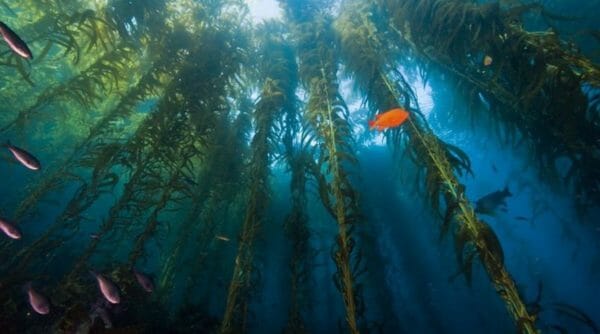
LESLIE BOOHER: “So Sunken Seaweed is… in very basic terms, we are a seaweed farming company, and that is kind of hard to wrap your head around if you’ve never explored that concept, but I liken it to land farming specifically, a word that you mentioned earlier, permaculture, seed farming is pretty analogous to land-based permaculture, in that my company, we farm different types, different varieties of sea weeds, all native to the areas that we’re farming in, so Southern California were growing all Southern California species of seaweed, and we basically just grow it from seed from really small spore life stage, and we grow it out in a land or in an ocean-based farm.
“So in the open ocean, we are cultivating different types of seaweed, and the only farming techniques that we really need to have are… We need to have it in a place where it can photo-synthesize really well, so in a sunny spot, and it needs to have access to sea water. The only thing that we’re feeding it is the sea water that it’s in, we in essence, we farm our seaweed right now by just those two ingredients, and we do that in right now in the San Diego Bay, which is this very interesting dynamic urban environment but the reason that we’re farming seaweed in this really urban environment, the reason we got started and interested in this is because as I mentioned earlier, we saw these collapsing seaweed forests,
“With my business partner, and he’s also my fiance-partner, we can’t get enough of each other. But we had this idea back in the day, in 2016, that we didn’t really wanna just survey and study and do science that was looking at all of these ecosystems collapsing for us that was just too heavy, we kinda needed to facilitate some sort of success story somewhere for the ocean, right. And so that really got us digging, Okay, what should we do, what can we do with our knowledge and background and community that can make the biggest impact, the biggest positive impact for our coastline?”
STORY: Ocean Desalination vs Conservation and Human Rights
Leslie Booher is a marine ecologist who learned about the importance of kelp forests at a time when they were facing a catastrophic decline. Growing up witnessing climate change caused by capitalism, Leslie dedicates her time to ending ocean exploitation of marine ecosystems, and reinforcing a healthy relationship with our coastline through stewardship-driven ocean farming.
Farming seaweed? @EcoJusticeRadio discusses stewardship-driven, ocean farming or sea bottom restoration through marine permaculture. We speak with Leslie Booher, Co-Founder of Sunken Seaweed, California’s first regenerative ocean farm. https://t.co/hwyp6bcOtl pic.twitter.com/peWNhro2Cb
— WilderUtopia (@WilderUtopia) July 30, 2021
Podcast Website: http://ecojusticeradio.org/
Podcast Blog: https://wilderutopia.com/category/ecojustice-radio/
Support the Podcast: https://socal350.org/contribute-to-socal-350-climate-action/
Executive Producer: Jack Eidt
Interview by Carry Kim
Intro by Jessica Aldridge
Engineer: Blake Lampkin
Show Created by Mark and JP Morris
Music: Javier Kadry
Episode 106
Image: Sunken Seaweed
Updated 28 September 2021



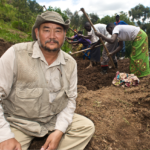
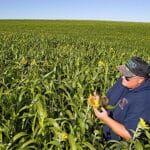
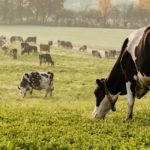
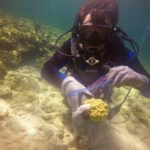
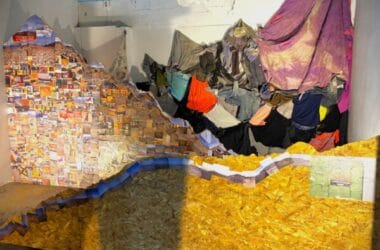

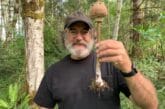



Pingback: Deep Seabed Mining: Will Marine Ecosystems Survive? - WilderUtopia